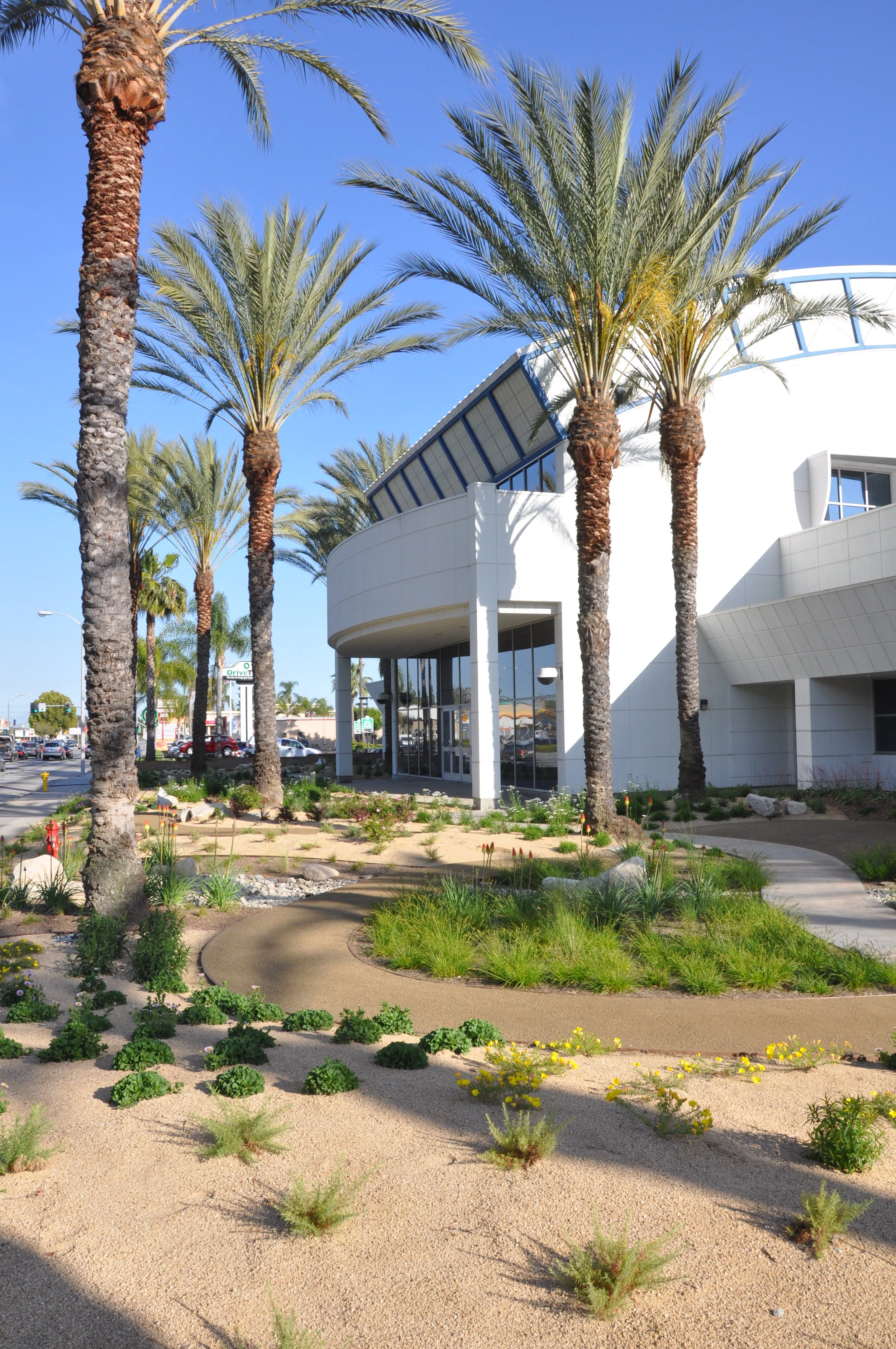Design Philosophy
Over the past 15 years Landscape Dynamics has served as consultants and team leaders in various projects and roles across California, Nevada, and Oregon. Landscape Dynamics’s history began in 2006 with the idea of developing a landscape architectural and consulting firm which constantly pursued new opportunities with innovation, creativity, and above all quality and pride in our work. The goal was to fully utilize all of the knowledge we had gained from the relatively wide area of practice that is landscape architecture, horticulture, and urban planning. Due to a diversification in the services we provided, a demand for construction management services, and on-site assistance both during construction and long-term maintenance and troubleshooting, we began rebranding Landscape Dynamics as Urban Ecosystem Solutions (UES) in 2019.
Within each role we have had the opportunity to experience every spectrum of the design process in both the public and private sectors. Because we the founders of Landscape Dynamics lead the team on each project, projects receive the oversight and attention to detail that our clients deserve.
We continue to strive for excellence, acquire new skills, and collaborate with other industry professionals with the overall goal of providing our clients with the best solutions possible. We have designed parks and exercise circuits, prepared and overseen turf renovations for large sports fields, designed educational gardens, community gardens and signage, redesigned landscape medians and parkways, and provided construction management for many of the projects we design. We have provided, and continue to provide landscape maintenance contract management, landscape assessment district budgeting analysis, prepare bid specifications and schedules, provide plan check services, and when the opportunity arose we managed a parks department to fill a much needed role. We have implemented and managed central control irrigation systems across dozens of sites, working with both maintenance staff and users of the sites to understand the challenges of each and we have met with community groups and staff members, given public presentations and organized volunteer events.









